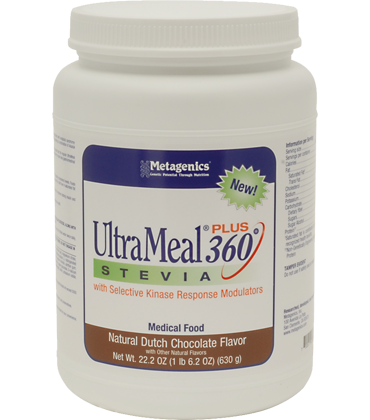
Hypercholesterolemia
Do you know what your blood cholesterol level is? If you don’t, you should! Over a 100 million American adults (1 in 5) have blood cholesterol levels above normal, and nearly 40 percent of those people have levels that are considered high risk. Worldwide, high cholesterol contributes to more than half of deaths from coronary heart disease. So becoming aware of your own cholesterol level and attendant health risks could save your life.
What Is Cholesterol?
Cholesterol is a waxy, fat-like substance that occurs naturally in every part of your body. Your body needs a certain amount of cholesterol to make hormones and cell tissues, and protect nerves. Most of the cholesterol you need is manufactured by your liver, but it also comes from the foods you eat. High blood cholesterol can run in families, and levels tend to rise as you get older.
There are actually two types of cholesterol, defined according to how they are transported through your bloodstream: Low-density lipoprotein (LDL) delivers cholesterol to your body and is also called “bad cholesterol”. High-density lipoprotein (HDL) removes cholesterol from your bloodstream and is also called “good cholesterol”. A simple blood test will tell you whether your cholesterol level is normal or too high.
Why Is High Cholesterol Unhealthy?
Although it serves an important function, too much cholesterol in your blood can raise your risk of heart attack or stroke. Unused cholesterol and other material, known as plaque, can build up in your arteries (the blood vessels that supply blood to your heart). Eventually, your arteries can become hardened or narrowed and less able to deliver what your heart needs to stay strong. This condition, known as atherosclerosis, can lead to angina (chest pain), heart failure (the heart is too weak to pump blood properly), or arrhythmia (irregular heart rate or rhythm). Sometimes a hardened artery may crack or tear, resulting in a blood clot. Most heart attacks occur when a blood clot of this kind blocks off the blood supply and oxygen to the heart.
What You Can Do
While you can’t control your genes or your age, there are a number of things you can do to keep your cholesterol in check:
- Lower your LDL (“bad”) cholesterol. Three nutrients in your diet will make LDL levels rise: saturated fat, trans fat, and cholesterol. To lower your level of LDL, reduce your intake of animal fats (a source of saturated fats and cholesterol) and hydrogenated oils (a source of trans fats).
- Raise your HDL (“good”) cholesterol. You can increase your level of HDL by eliminating sugars and simple carbohydrates (white starches) and eating more whole grains, fruits, and vegetables.
- Get regular exercise. Exercise will help you lose weight, raise HDL, and lower LDL. It will also improve your circulation and strengthen your heart.
- Use nutrition/herbal supplements. Certain nutrients, at doses not available through diet alone, may be beneficial in reducing your level of cholesterol and/or reducing your risk of heart disease. Among them: garlic, guggulipid, plant sterols, fiber, soy, fenugreek, ginger, rosemary, and turmeric. Be sure to let your healthcare provider know of any supplements you are taking.
If you’re concerned about your cholesterol levels and want to learn more about managing your cholesterol levels naturally, ask your healthcare provider. Together, you can come up with a lifestyle change program to help you achieve good health for a lifetime.
|
UltraMeal® Plus 360 Stevia Rice Medical Food Servings Per Container: 14 (by weight) Natural Dutch Chocolate Flavor |










